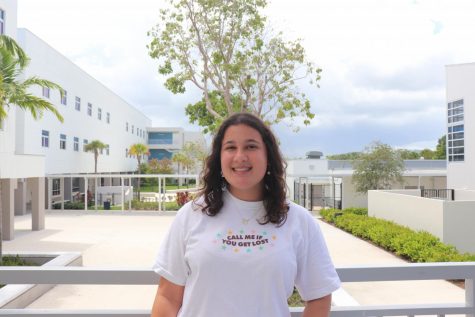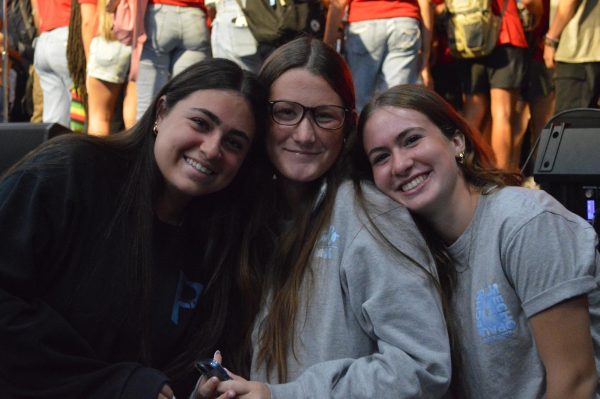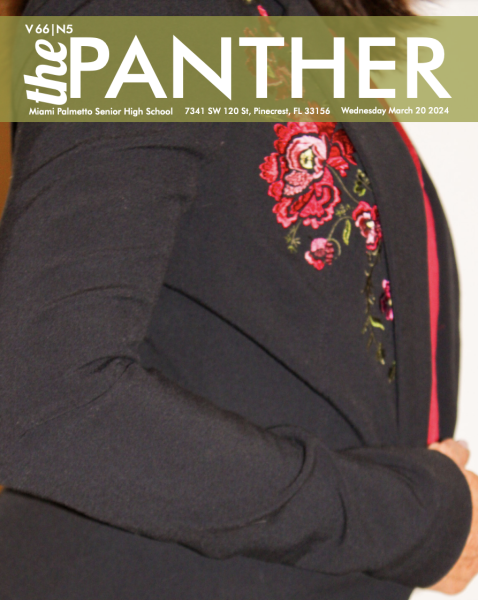Florida Students and Seniors to Receive 6.4 Million Rapid COVID-19 Tests
October 17, 2020
The federal government has designated Florida to receive 6.4 million rapid coronavirus tests in increments of 400,000 per week, prioritizing schools and nursing homes.
Abbott Laboratories created the new BinaxNOW testing kits, which only take 15 minutes to register a positive or negative result. The tests require a nurse, or someone administered by the state, to swab a person’s nostrils and wait for the results, all without needing to step foot in a lab.
At Miami Palmetto Senior High School, registered nurse Ana Valdes plans to administer the tests to students who display symptoms of coronavirus.
“Right now, if we think a student has been exposed, they will be sent home. With the new tests, the student will go into an isolated room to wait for results and if they are negative, they can go back to class,” Valdes said.
Palmetto has yet to receive the rapid-tests. Governor Ron DeSantis said he expects 60,000 testing kits to arrive in school districts throughout Florida in the next coming days.
“The dynamic of school will change because we will know how many students are infected,” Valdes said. “The rapid test is very important since it is more easy and more safe since students will know whether they have the virus or not within minutes. [This] will allow more students to continue to take their courses physically in school.”
In doing so, Palmetto avoids the need to quarantine healthy students because if the student in question tests negative, then other students in contact with said student do not have to quarantine.
In addition to schools, senior homes will receive 180,000 testing kits and 100,000 will go to long term care facilities. According to DeSantis, about 800 facilities out of Florida’s 4,000 have received rapid tests, with plans to send kits to at least 3,200 more.
After six months of limited contact due to quarantine, long-term care facilities have finally begun allowing visitors again. The facility must have 14 consistent days with no new cases from residents or staff members in order to allow family to visit, but essential and compassionate workers do not have to follow this rule.
“This can also help visitation in our long-term care facilities and so they’ll have the ability to do that, as they see fit. And again, using this new technology in a way that is protecting our most vulnerable, and saving lives is really the key,” DeSantis said.
Senior centers and assisted living facilities who have yet to receive rapid testing kits can email the state at [email protected] to fill out a survey. Although the kits normally cost around $100, they will be provided free of charge since the federal government paid for them as a part of the nationwide plan to send 150 million kits across the country.










